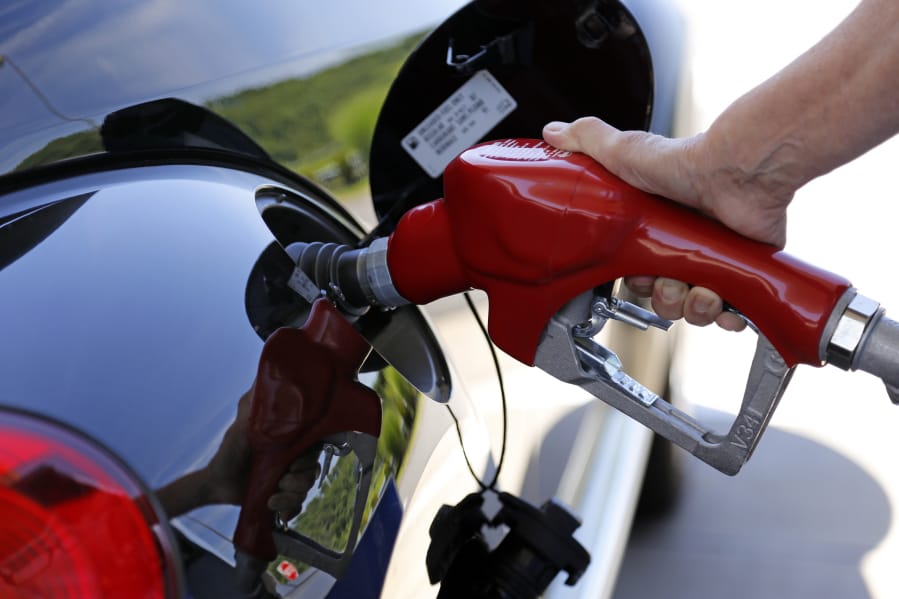Gas prices are up, but in Oregon the carbon emissions per gallon of fuel are down, according to a new report on the state’s Clean Fuels Program.
The program requires annual reductions in carbon pollution from Oregon’s transportation fuel with a goal of cutting emissions 10 percent by 2025.
So far, the requirements have resulted in a reduction of 1 million tons of greenhouse gases, according to the Oregon Department of Environmental Quality.
Jana Gastellum, climate program director with the Oregon Environmental Council, said the new rules encourage more electric vehicles and biofuels while also shrinking the carbon footprint of regular gasoline.
“Likely every gallon of gas we’re using is a little bit cleaner because of the biofuels that are mixed in,” she said.
Companies are finding new ways to produce ethanol that require fewer carbon emissions along the way, Gastellum said. So, the ethanol blended into regular gasoline has a smaller carbon footprint as a result.
“You can make the same gallon of ethanol using coal-based power, natural gas or biomass and each of those has a different carbon impact,” she said. “You’re getting all these process innovations that add up to less pollution overall.”
Cory-Ann Wind, program coordinator with DEQ, said additional carbon savings can come from shifts in where biofuels originate.
Biodiesel made from used cooking oil and liquefied natural gas made from methane emissions at landfills and dairy farms have smaller carbon footprints than similar products made from crops or fossil fuels.
The rules require a 1 percent reduction in carbon emissions from transportation fuel in 2018.
Some companies that produce low-carbon fuels are earning credits through the program that other fuel suppliers can purchase to comply with the new regulations.
So far, Wind said, the added cost of compliance — based on the cost of buying those credits — is just a fraction of a penny per gallon for both gasoline and diesel.
Critics of the Clean Fuels Program have raised concerns that the price of compliance will go up as the carbon reduction requirements increase over time. Oil companies represented by the Western States Petroleum Association have asked the Oregon Legislature to repeal the program altogether.



